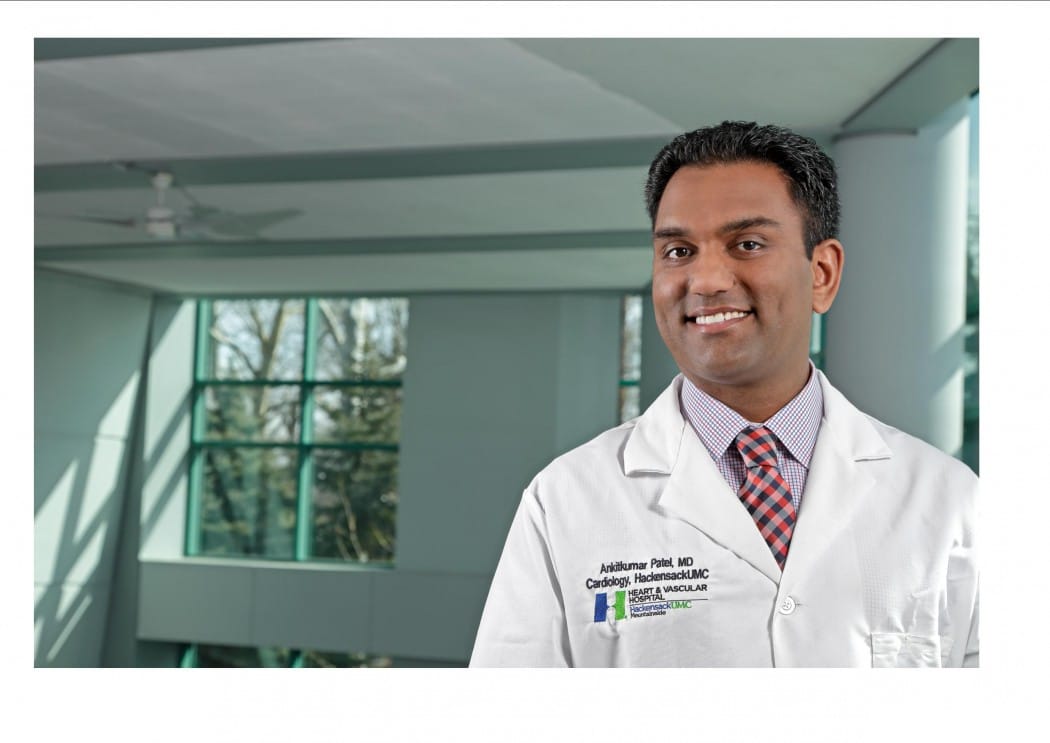You probably don’t spend much time thinking about your heart valves, but if these structures don’t function correctly, the effects on your health can be profound.
The heart’s four valves regulate the flow of blood throughout the muscle. Every time the heart beats, the valves’ flaps open and close, allowing blood to flow correctly through the heart’s chambers and to the rest of the body.
Certain men and women are born with incomplete valves, a condition known as congenital heart valve disease that develops due to unknown causes. Other individuals have acquired heart valve disease, meaning that, over time, a valve’s flaps become rigid and don’t open completely, or a valve loses its ability to form a tight seal when shut, allowing backflow of blood.
A variety of factors can cause acquired heart valve disease, including aging and heart and kidney diseases. Obese or overweight individuals, men and women who smoke, and those who have high blood pressure or high cholesterol have a greater risk of developing acquired heart valve disease.
Help And Hope Are Here
If you think you may have a heart valve problem, don’t delay seeking evaluation – as the disease progresses, health problems will likely increase. See “Heeding the Signs” to learn about symptoms.
“Heart valve disease affects all parts of the body,” says Ankitkumar Patel, MD, MPH, FACC, RPVI, general and interventional cardiologist at Mountainside Medical Center. “Patients can experience infections, stroke, liver and kidney dysfunction, psychological issues, such as anxiety and depression, and general weakness.”
The Structural Heart Center at Mountainside Medical Center brings together the expertise of cardiologists, interventional cardiologists, cardiac surgeons, structural heart specialists, and cardiac imaging in one location to streamline the diagnosis and treatment process for heart valve disease patients. `
“Our clinicians perform diagnostic studies at Mountainside Medical Center, and then the same physicians complete definitive treatments, such as minimally invasive valve replacement and transcatheter aortic valve replacement, at Hackensack University Medical Center,” Dr. Patel says. “The availability of many novel therapies makes this an exciting time for heart valve disease patients.”
Heeding the Signs
Sometimes, heart valve disease is silent, withholding clues to its presence. In other cases, symptoms develop slowly as the disease progresses, or strike without warning if valvular dysfunction is severe. If you experience any of the following symptoms, seek medical help immediately: chest discomfort, fainting, fatigue, lightheadedness, shortness of breath, unexplained swelling in the lower extremities
The Structural Heart Center is part of the excellent Cardiology Program at Mountainside Medical Center. To find a cardiologist visit our Provider page or call 888-973-4674.

